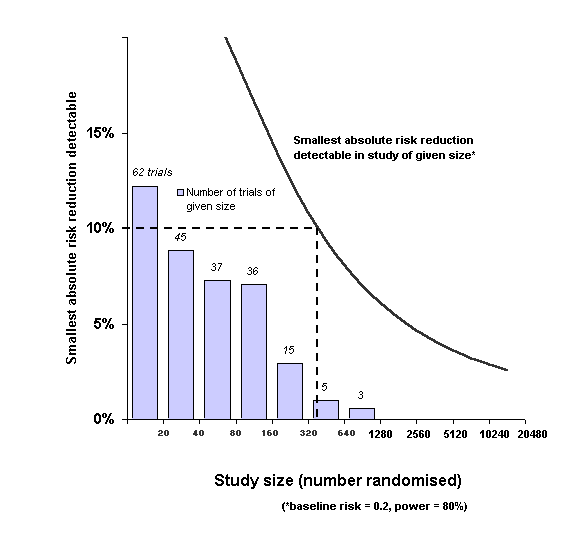| "CRASH is a 'no consent'
trial. In the UK, it has been agreed nationally, and at local level, that
consent does not need to be sought to enrol patients. Ethics committees
in several other participating countries have also agreed to this. Is this
ethically appropriate?
Consent and informed consent form no part of the Hippocratic
tradition. Informed consent was mandated for any research on human subjects
in the Nuremberg Code of 1947. The 1964 Helsinki Declaration upheld this
view. But neither of the codes addressed the problem of research in critical
care settings, where, patients are unable to give informed consent. Does
this mean we cannot conduct research to find better ways of treating them? |
Of course not. However,
it does require a careful consideration of the principles of research ethics.
This was done most effectively by the investigators in the ISIS-2 Trial.
They invoked the principle of "uncertainty" in the treatment of acute MI.
The treatments offered in the trial were all "acceptable" by the standards
of the time, but, there was "substantial uncertainty" about which was the
most effective. This is also the case in CRASH. There is substantial uncertainty
about the benefits of corticosteroids. The rationale is that it would be
ethically unacceptable to continue not giving steroids if they could be
of benefit. The question of whether there is any benefit from giving steroids
can only be answered by doing this trial." |
